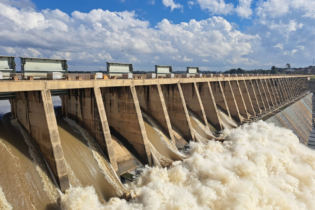The Organisation Undoing Tax Abuse (Outa) is continuing to call for an independent water regulator to not only regulate the country’s water sector but spearhead much needed interventions.
According to Outa the Department of Water and Sanitation has failed to effectively regulate South Africa’s water sector and as such the sector requires serious and effective intervention as well as the establishment of a regulator independent from the department. Water Shortage South Africa (WSSA) agrees with Outa on this matter and has agreed to collaborate with Outa in championing for the establishment of an independent regulator in South Africa. The organisation says the key drivers of the initiative are to permanently address the department’s failures in regulating South Africa’s water sector, ensure no political interference in how water is regulated and unlock and facilitate investment in South Africa’s water sector to ensure sustainable economic and socio-economic development. The organisations have identified, among other things, the following lapses in water regulation that highlight the need for a regulator:
- Blue and Green Drop Reports have not been published since 2014;
- The Vaal River is seriously polluted by untreated sewage discharge;
- Water pricing in municipalities is not regulated resulting in under recoveries and compromised services;
- Agriculture is not able to access the required volumes and quality of irrigation water during normal seasons and drought; and
- Municipalities are on average leaking 37% of their water.






